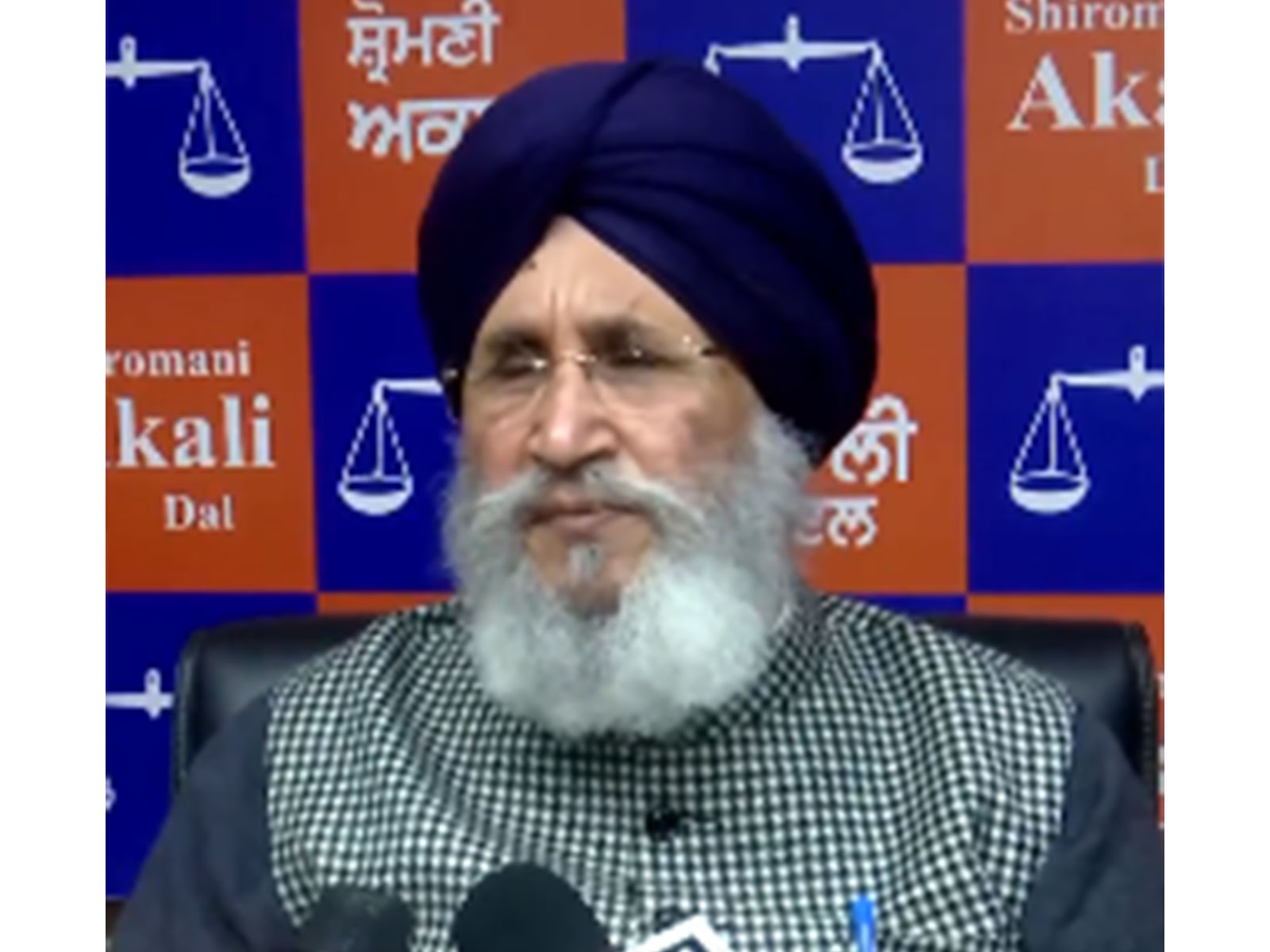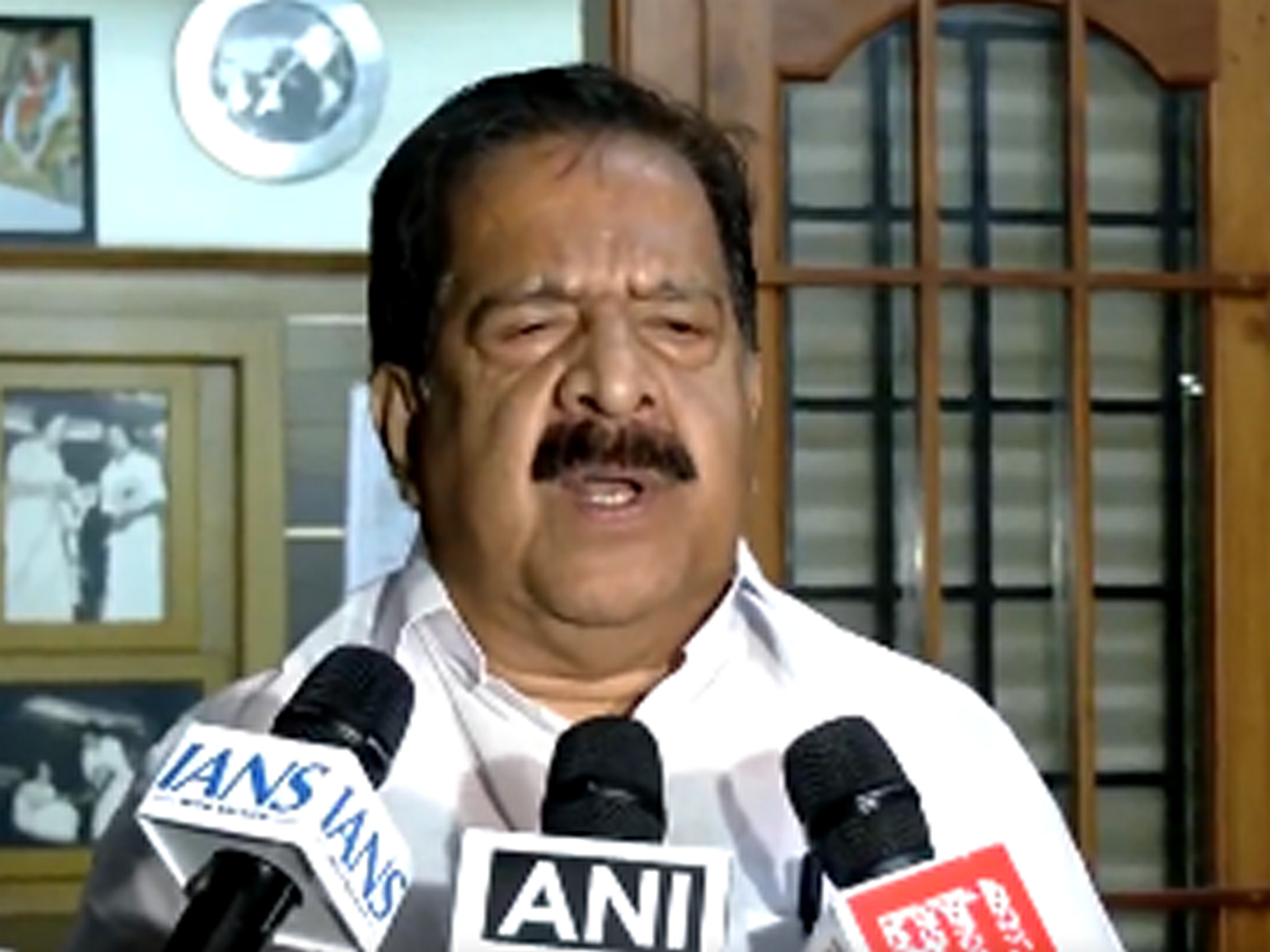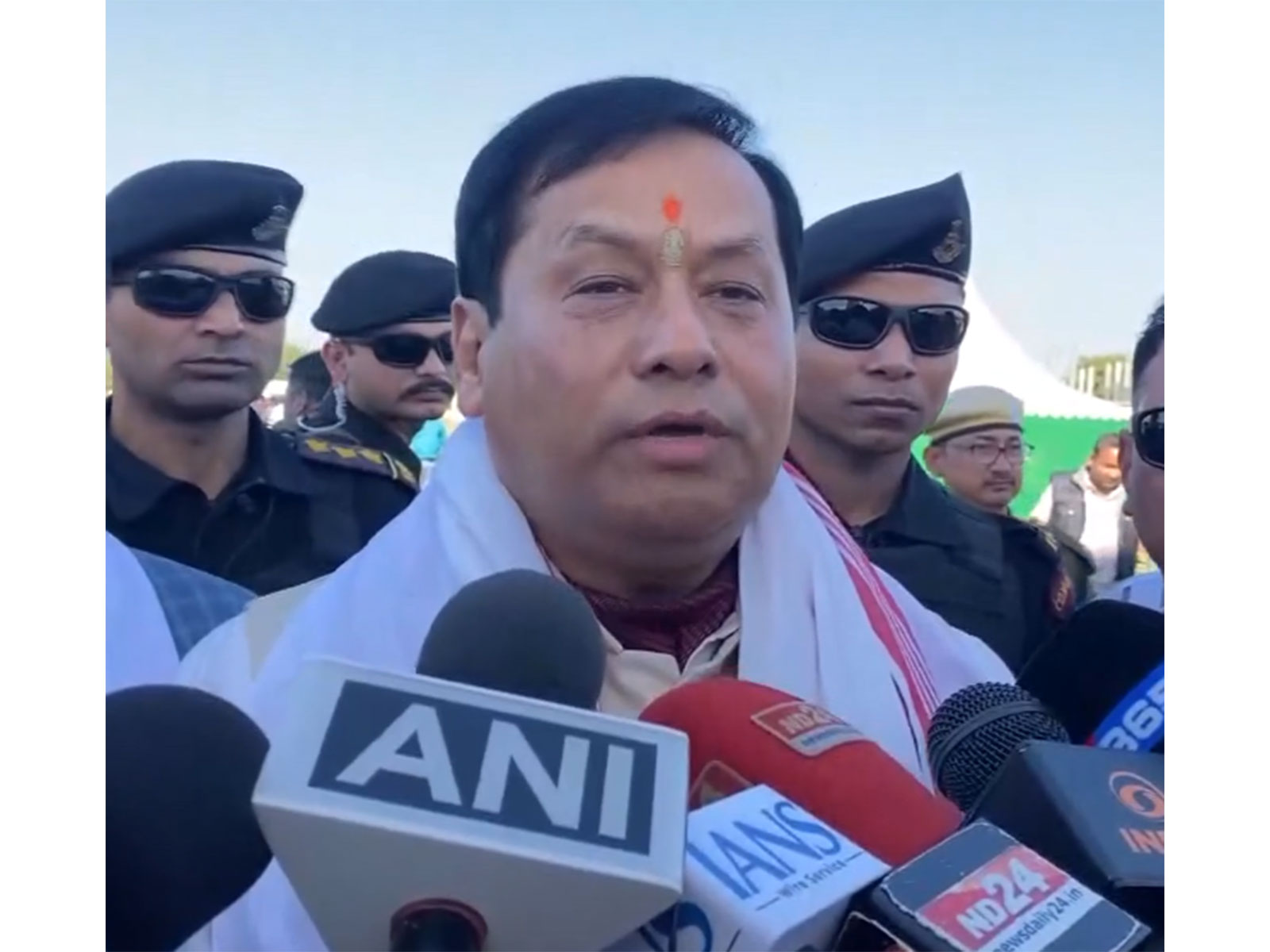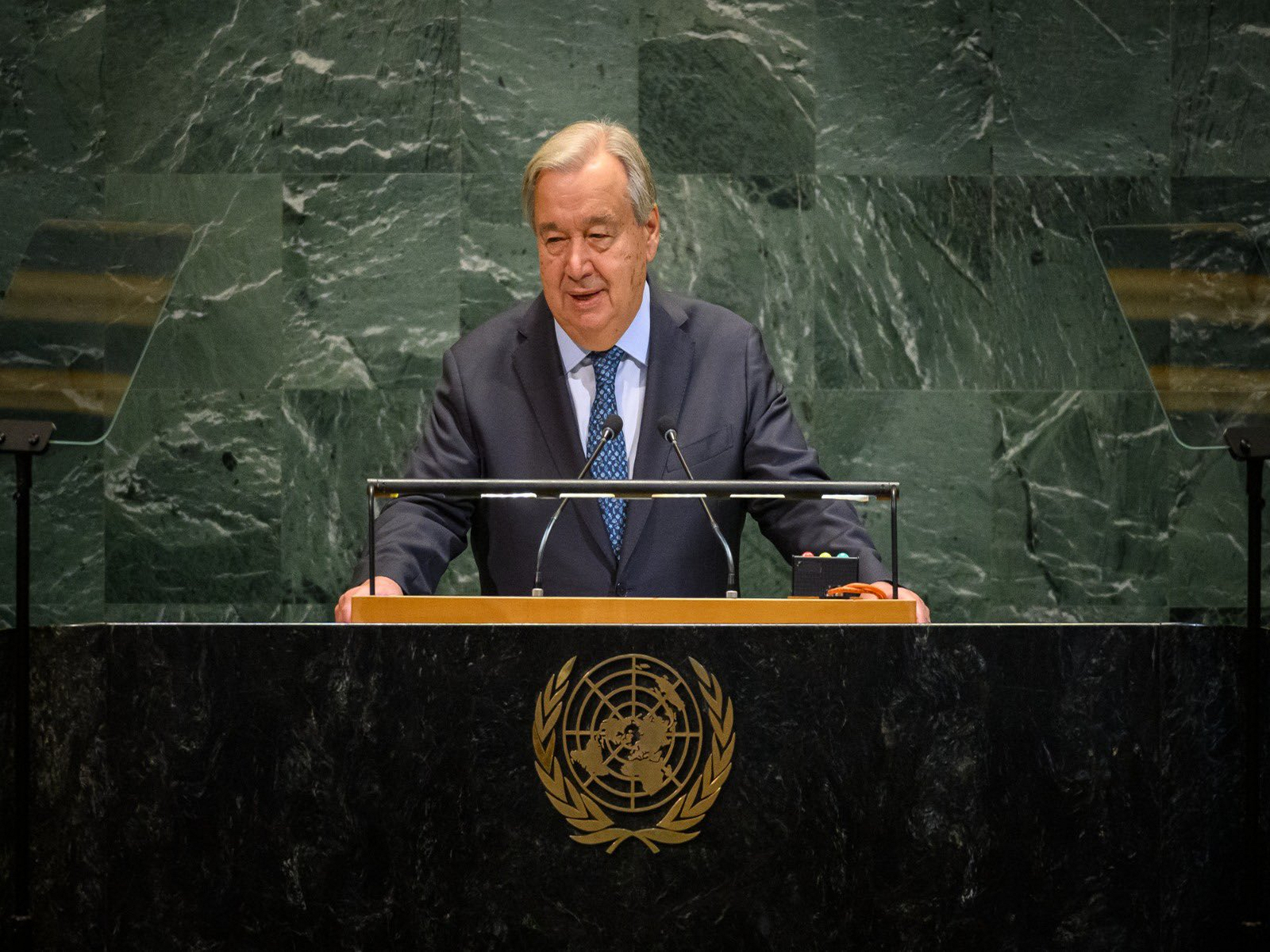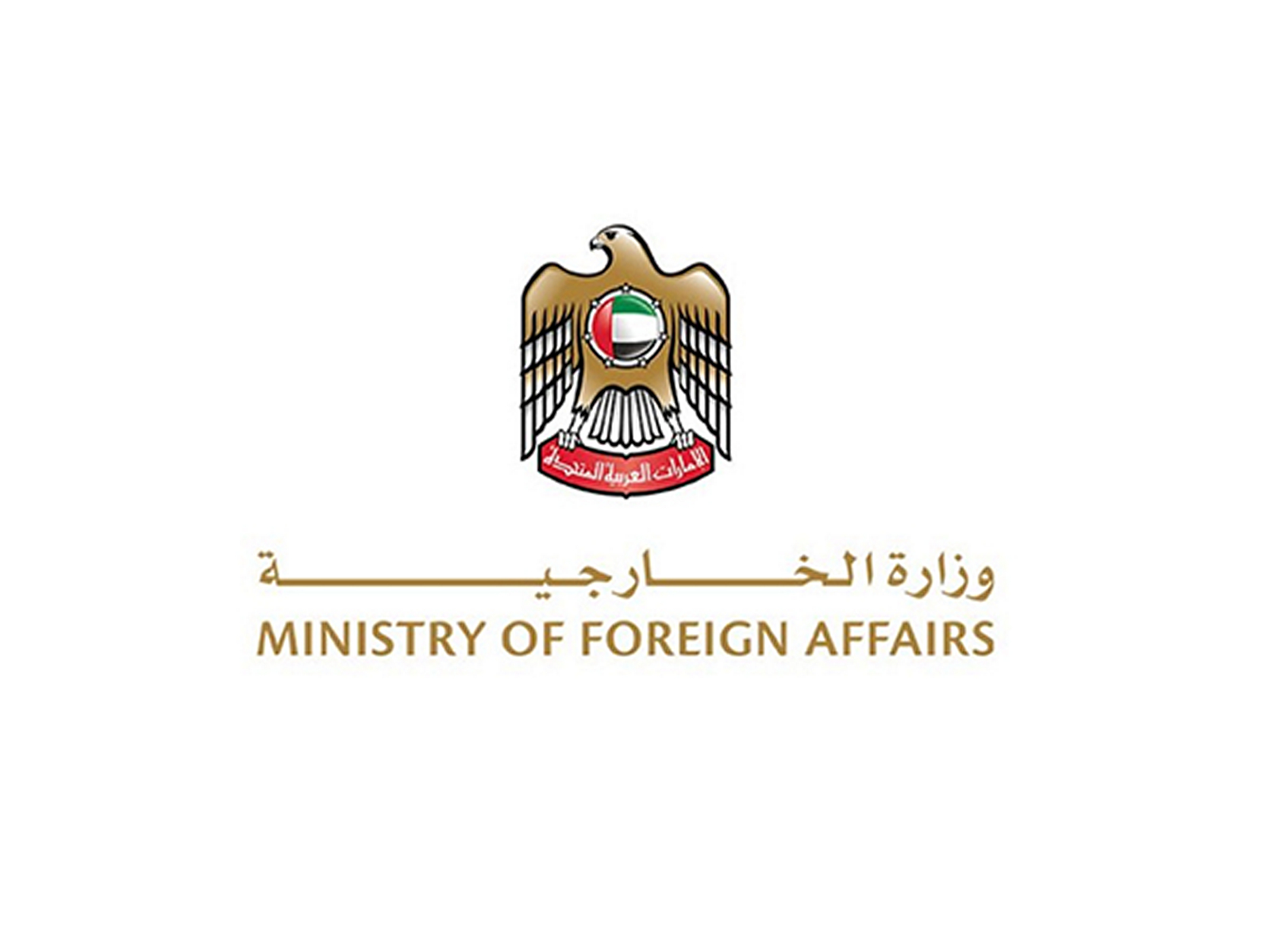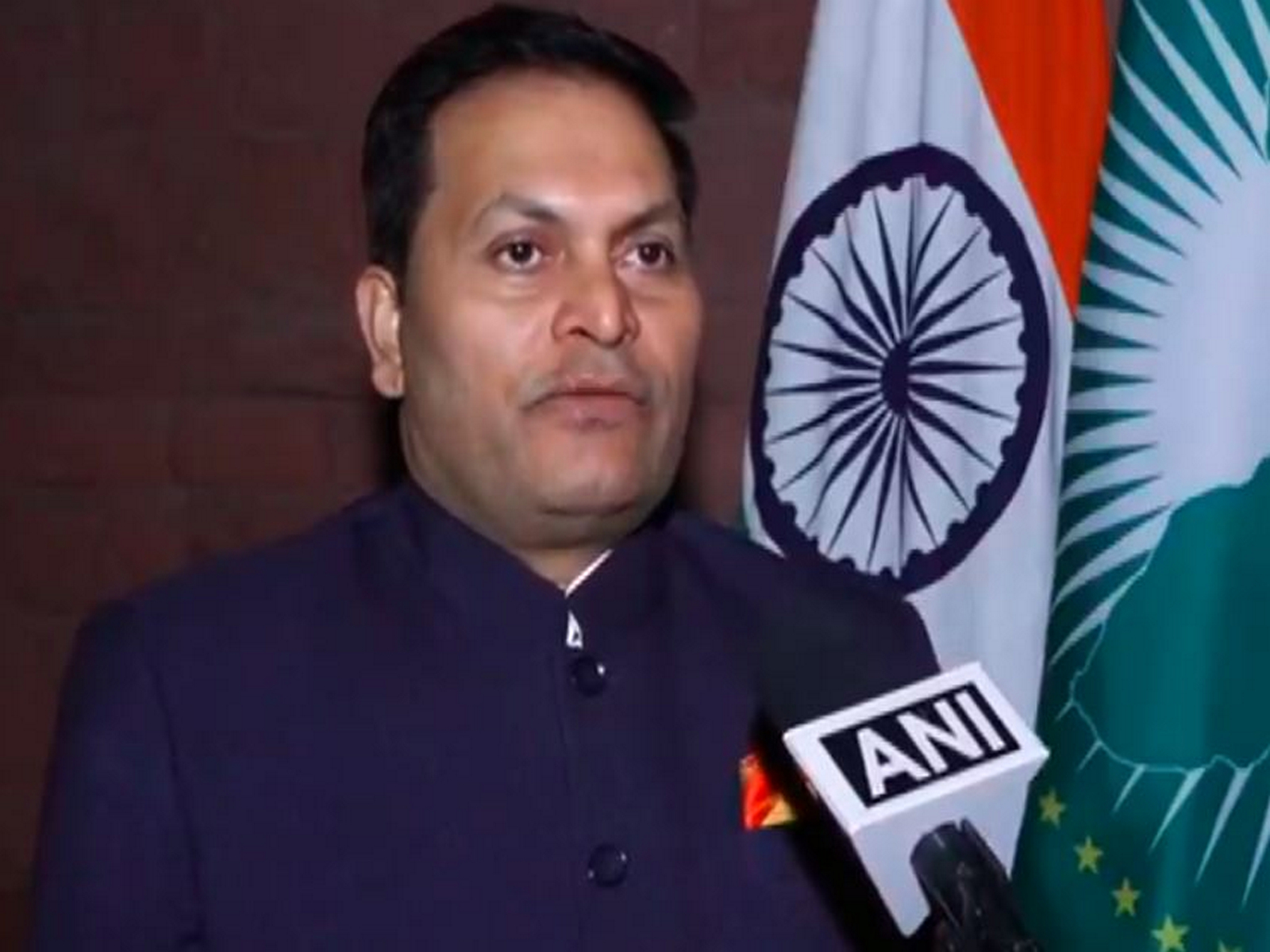AIIMS declares premises a drug-free zone, to take action against staff, students, patients indulging in it
Dec 20, 2022

New Delhi [India], December 20 : All India Institute of Medical Sciences (AIIMS) Delhi on Tuesday declared its premises a "drug-free zone" and if any permanent employee is found indulging in these activities, then disciplinary action will be taken against them.
In an office memorandum issued by Prof Dr M Srinivas, AIIMS Director, All Head of Departments (HoDs) were requested to inform their subordinates to strictly follow the guidelines.
Security personnel at the hospital premises have also been instructed to not to allow the patients, attendants, visitors, and staff to use drugs in any form on the premises.
"All HODs are requested to bring this to the knowledge of the staff and students working under them. The security personnel shall also be instructed not to allow the patients, attendants, visitors and staff members to use drugs, in any form, on the premises of AIIMS, New Delhi," the order issued by the AIIMS Delhi reads.
Dr Srinivas further said that if outside personnel or any drug peddler was found selling drugs, the security personnel are instructed to take a video/photograph of the culprit and he/she should be handed over to the police immediately and completely banned from entering the AIIMS premises in near future.
"If any contractual employee/security staff found indulging in this activity on AIIMS New Delhi premises, security is instructed to hand over any such person to AIIMS police post and he/she shall be summarily terminated from the service. If any Permanent Employee/Doctor is found indulging in these drugs on AIIMS New Delhi premises, he/she will be issued a memo and disciplinary action shall be taken against him/her," the order further reads.
"Employees/doctors/students wanting to seek help for substance use problems can still do so in the Psychiatry OPD at AIIMS and will be provided treatment while maintaining confidentiality. Treatment will not be linked to administrative action or punitive measures. To seek more information on preventive interventions, they could also contact the Students' Wellness Centre," it said.
Dr Srinivas said that the main objective is to reach out to the masses and spread awareness about substance abuse.
"The entire world is facing the menace of drug addiction including many educational institutions, which has a devastating impact on the addict, individual, family and a large section of society. Our main objective is to reach out to the masses and spread awareness about substance abuse," he said.
Under the Narcotic Drugs and Psychotropic Substances (NDPS) Act, it is illegal for a person to produce/ manufacture/ cultivate, possess, sell, purchase, transport, store, and/or consume any narcotic drug or psychotropic substance. The Narcotics Control Bureau (NCB) is the chief law enforcement and intelligence agency of India responsible for fighting drug trafficking and the abuse of illegal substances.
It was created on 17 March 1986 to enable the full implementation of the Narcotic Drugs and Psychotropic Substances Act (1985) and fight its violation through the Prevention of Illicit Trafficking in Narcotic Drugs and Psychotropic Substances Act (1988).
Anyone who contravenes the NDPS Act will face punishment based on the quantity of the banned substance. Where the contravention involves a small quantity (<1 kg), with rigorous imprisonment for a term which may extend to 6 months, or with a fine which may extend to Rs 10,000 or with both; where the contravention involves a quantity lesser than commercial quantity but greater than small quantity, with rigorous imprisonment for a term which may extend to 10 years and with fine which may extend to Rs1 lakh; where the contravention involves commercial quantity, with rigorous imprisonment for a term which shall not be less than 10 years but which may extend to 20 years and shall also be liable to fine which shall not be less than Rs 1 lakh but which may extend to Rs 2 lakh.
The list under the NDPS Act mentions the names of all substances banned or controlled in India. The list uses the International Non-proprietary Name (INN) of the drugs but in some cases mentions drugs by their chemical name. Widely known drugs such as Ganja, Cocaine, Heroin etc are mentioned by those names.
Cultivation/production/manufacture, possession, sale, purchase, transport, storage, consumption or distribution of any of the following substances and as per the rules or orders and conditions of licences that may be issued, is illegal.
